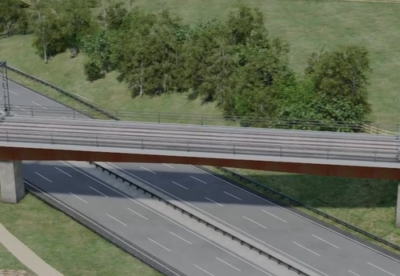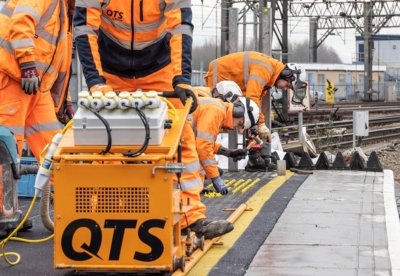TPR today confirmed it is considering issuing a contribution notice – a legally enforceable demand for a financial contribution to the pension deficit – against former Carillion directors.
Currently, the Pension Protection Fund will be forced to pick up the £800m bill left in the wake of Carillon’s collapse.
But the TPR is investigating whether the company or its directors attempted to avoid their obligations to Carillion’s pension schemes.
Frank Field MP, chair of the joint work and pensions committee investigation Carillion’s collapse, said: “The Carillion directors continued to line their pockets as the pension entitlements of their workforce evaporated, with the PPF due to shoulder the staggering pension deficit they left behind.
“It appears though that TPR could set its sights on more than those ill-gotten gains, and go after the directors it finds responsible for everything they’ve got.
“We urge TPR to take this opportunity to demonstrate the new direction and vigour it keeps professing. Clear, exemplary action, not words, is necessary now to restore any confidence in its ability do its job and protect the pensions of ordinary people.”
The Committee has formally written to TPR welcoming the news. The letter states: “Ernst & Young, commissioned by Carillion to model recoveries in the eventuality of a liquidation back in December 2017, suggested the PPF could get as little as £12.6m.
“By contrast, our analysis of Carillion’s annual accounts suggests that over the past decade, Carillion’s six main directors pocketed nearly £17m in total remuneration.
“Whilst such amounts will not go far in offsetting the largest bill the PPF have ever picked up, estimated at £800m, it is surely the case that these directors have benefitted disproportionately at the expense of the pension schemes they should have been funding”
A spokesperson for The Pensions Regulator said: “In relation to the pension schemes, TPR has launched an investigation to determine if there is information that suggests we should use our anti-avoidance powers.
“We are one of several agencies who have opened investigations. We want to understand fully what happened, whether or not our anti avoidance powers could be exercised and what lessons can be learned.”





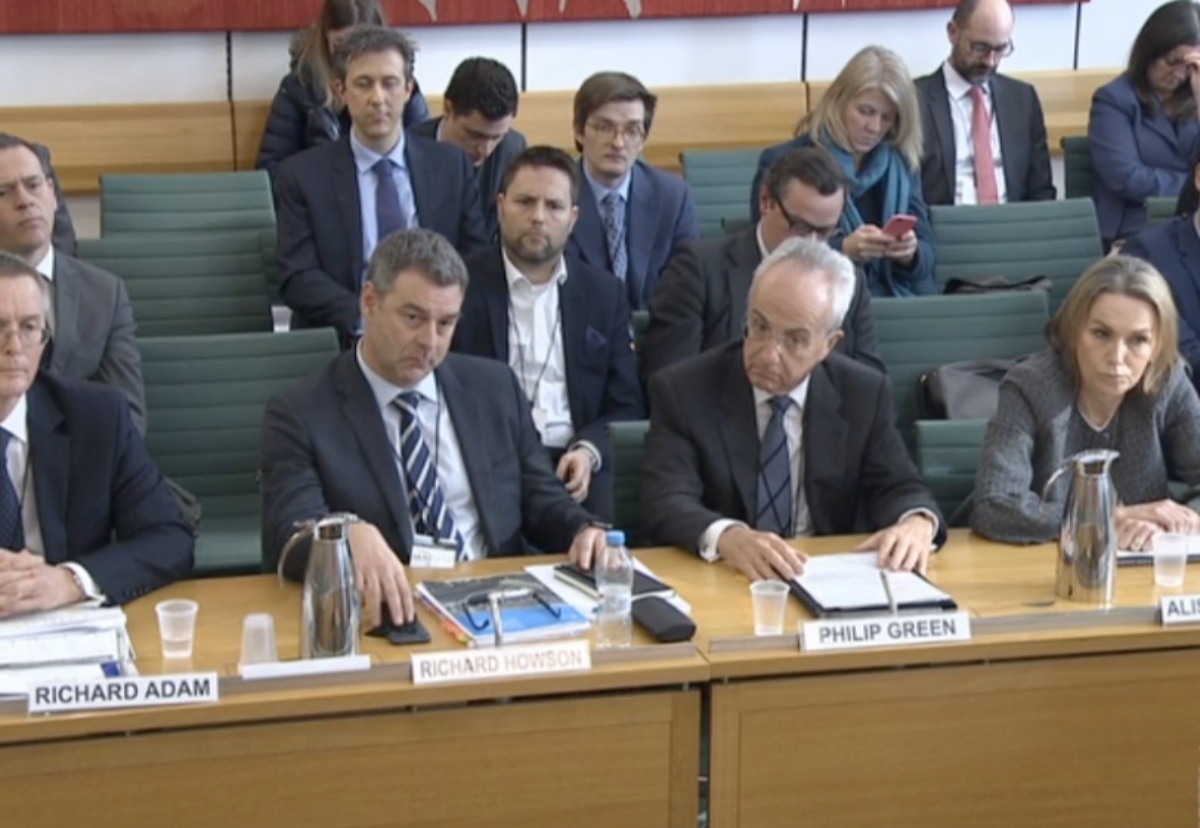



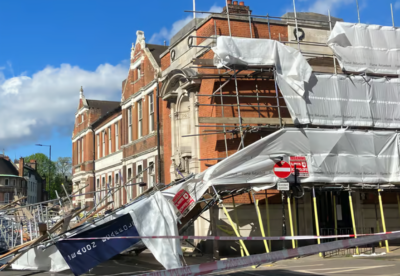
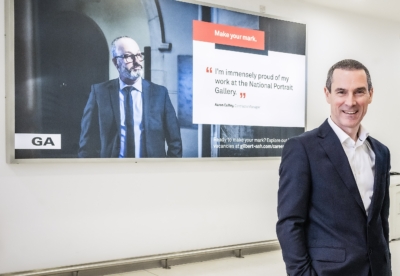
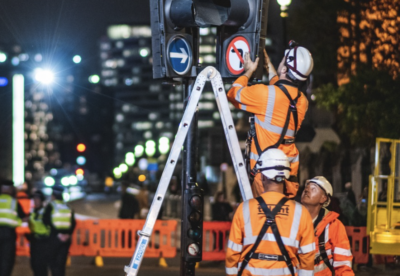


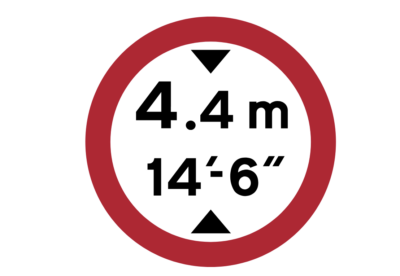


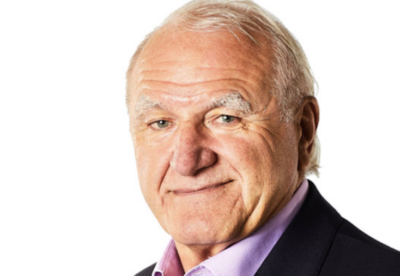


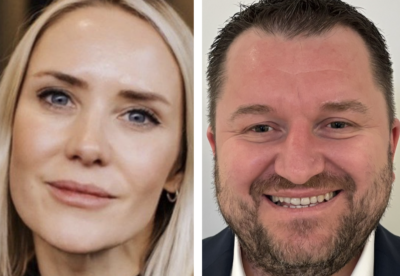
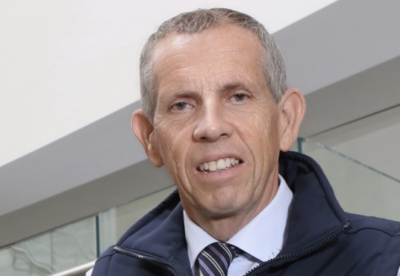




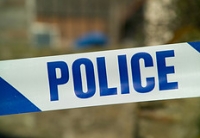






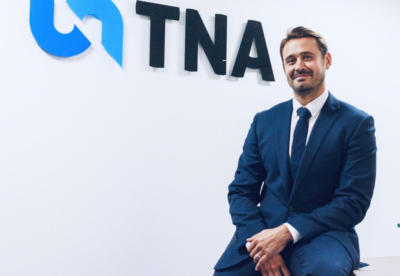






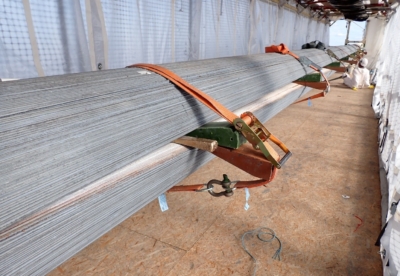


.gif)
